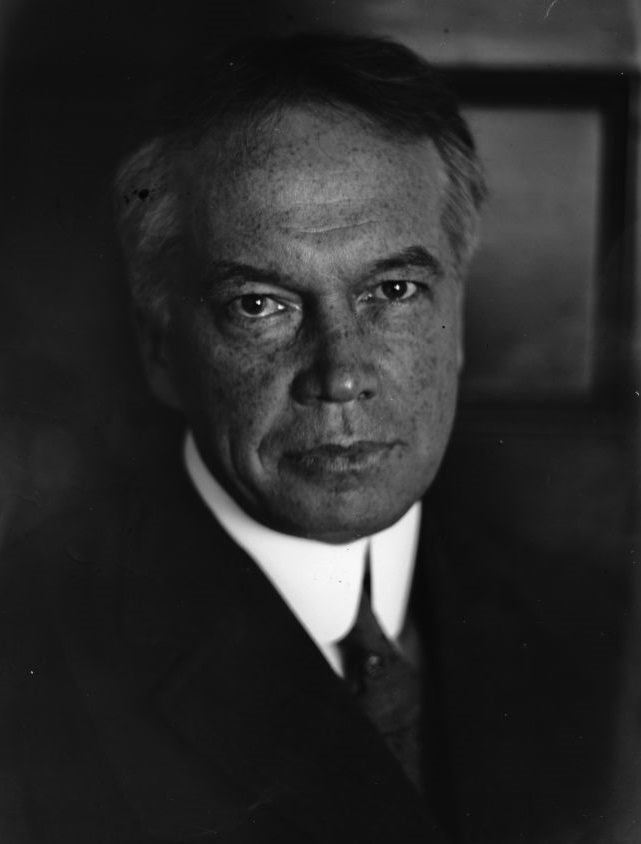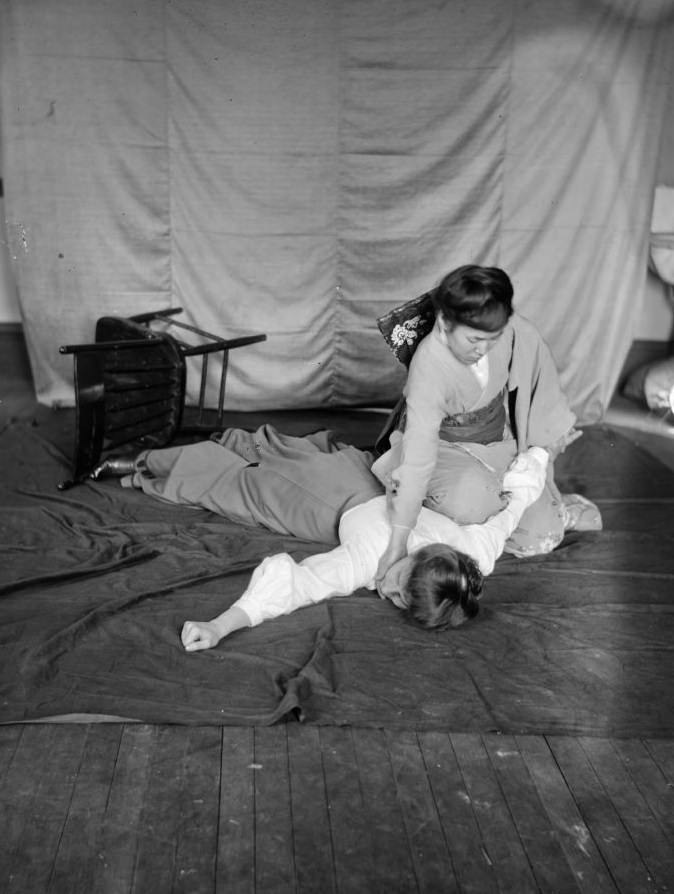William M. Vander Weyde was a pioneering photographer who captured the essence of the early 20th century. His bold and innovative approach to photography challenged traditional norms and set new standards for the medium.
Vander Weyde emerged as a prominent figure in the American photography scene during the late 19th and early 20th centuries. He was known for his willingness to experiment with different techniques and subject matter. Unlike many photographers of his time who focused on posed portraits and picturesque landscapes, Vander Weyde embraced a more dynamic and realistic approach.
A Wide-Ranging Lens
Vander Weyde’s work encompassed a diverse range of subjects, from the mundane to the extraordinary. He documented everyday life in New York City, capturing candid moments of people on the streets, in parks, and on public transportation. His photographs often conveyed a sense of urgency and immediacy, reflecting the rapid pace of urban life.
One of Vander Weyde’s most significant contributions to photography was his exploration of social issues. He documented the lives of immigrants, the working class, and marginalized communities. His photographs shed light on the harsh realities of poverty, inequality, and social injustice.
Vander Weyde was a Master of Composition. He often used unconventional angles and perspectives to create visually striking images. His photographs are characterized by their strong lines, bold contrasts, and dynamic energy. He was particularly skilled at capturing the interplay of light and shadow, and he used this technique to create dramatic and evocative images.













































































